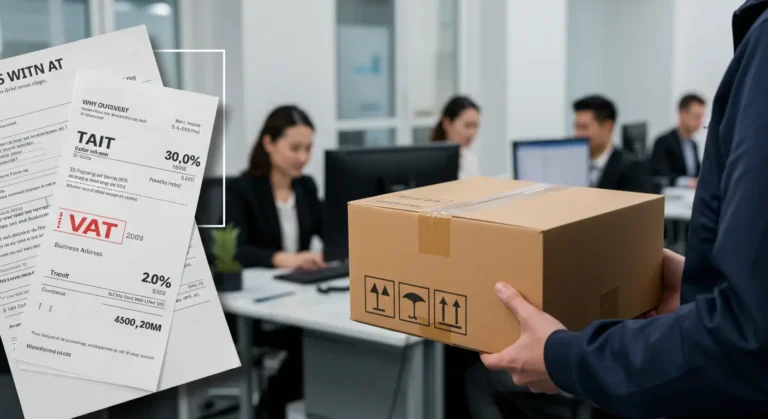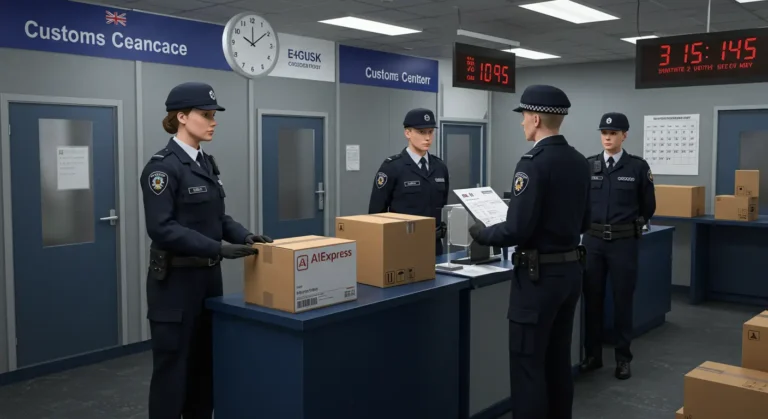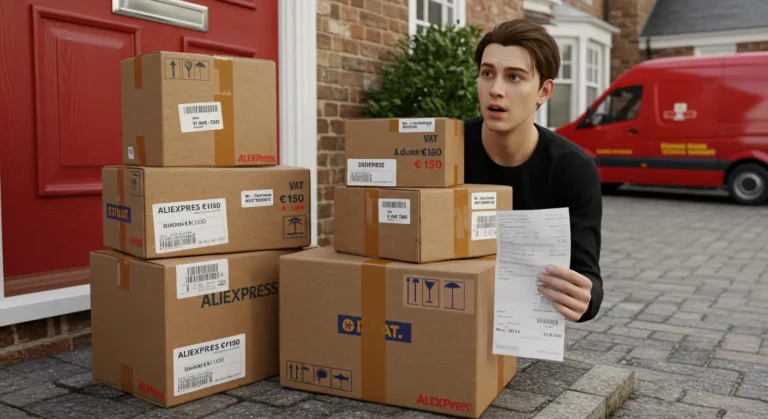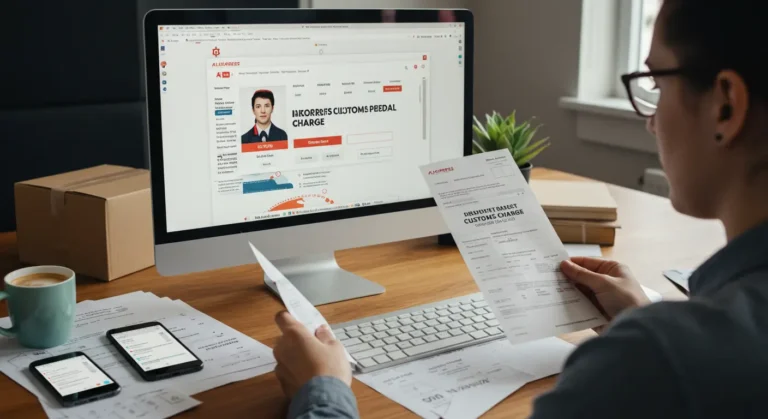Do You Pay VAT When Ordering to a Business Address in the UK?
Shopping on platforms like AliExpress has become increasingly popular among UK businesses looking for affordable products and unique items. However, many users are unsure about the rules regarding VAT (Value Added Tax) when ordering to a business address in the UK. Understanding these regulations is crucial, as it directly affects the total cost of your order and your company’s accounting. With frequent changes in UK import laws post-Brexit, it’s more important than ever for businesses to stay informed about VAT charges and customs procedures when importing goods from overseas.
For UK-based AliExpress users, one of the most pressing concerns is whether VAT is automatically included at checkout or if it will be charged separately upon delivery. This can impact cash flow, budgeting, and even the speed of receiving your goods. Additionally, knowing the proper procedures for claiming back VAT or ensuring compliance with HMRC regulations is essential for business buyers. This guide will help clarify the process, so you can shop confidently and avoid unexpected costs when ordering from AliExpress to your business address in the UK.
Curious how much VAT you’ll really pay when shopping for your business in the UK? Before you check out, see if you can knock a few extra pounds off your order—have a peek at this month’s codes for AliExpress bargains tailored to UK buyers.
Do You Pay VAT When Ordering to a Business Address in UK?
Understanding VAT for UK Business Purchases
Value Added Tax (VAT) is a consumption tax charged on most goods and services supplied in the UK. When you order goods or services to a business address in the UK, the question of whether you pay VAT depends on several factors, including the nature of the purchase, the supplier’s VAT status, and whether the goods are sourced domestically or imported.- VAT is generally charged on goods and services supplied within the UK, regardless of whether the delivery address is residential or business premises.
- UK businesses registered for VAT can usually reclaim the VAT paid on business-related purchases, provided they have a valid VAT invoice.
- If you are purchasing from overseas, specific B2B VAT rules in the UK apply, particularly concerning the place of supply and reverse charge mechanisms.
Do You Pay VAT on Business Premises?
Do you pay VAT on business premises? The answer depends on the type of property and the VAT status of the seller. Most commercial property transactions in the UK are exempt from VAT, but there are exceptions: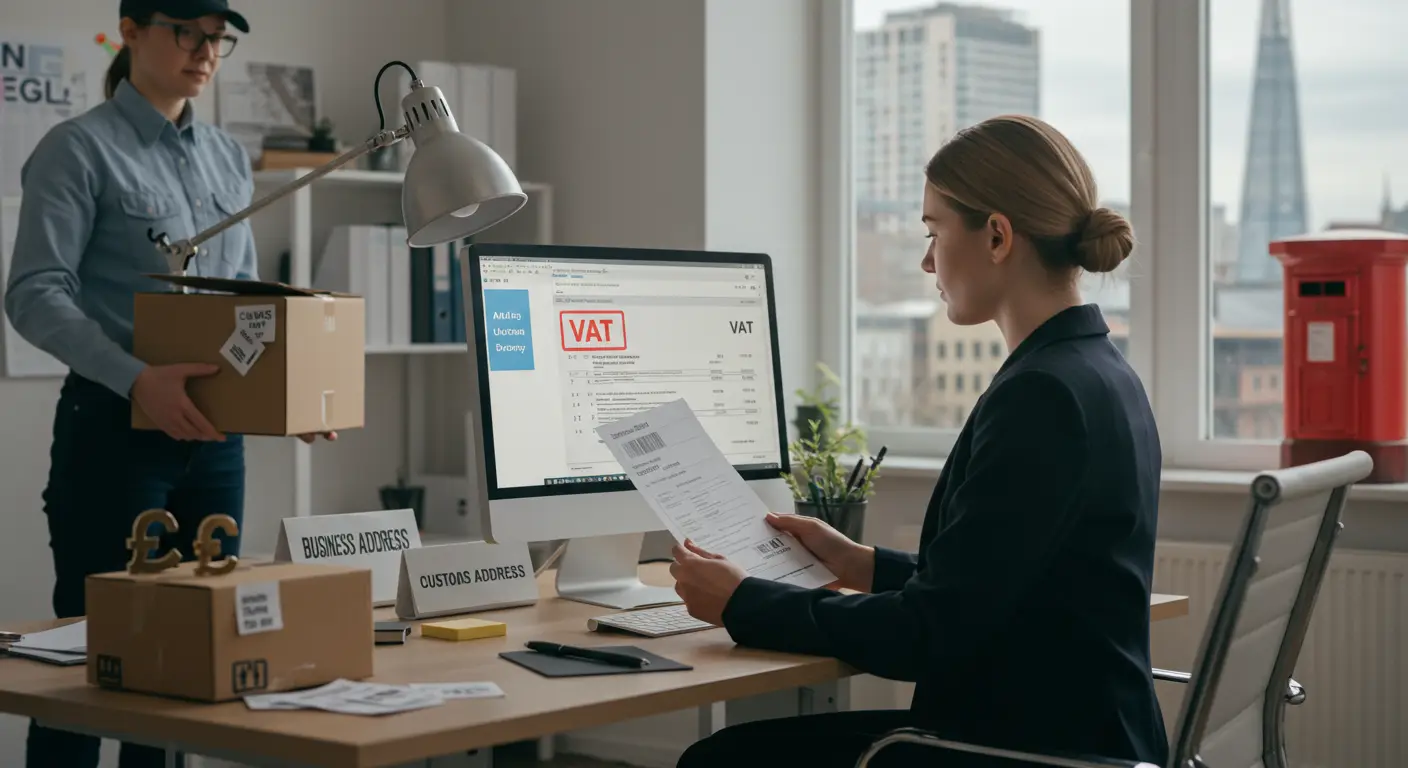
- New commercial properties (less than three years old) are usually subject to VAT at the standard rate (currently 20%).
- Older commercial properties are generally exempt, unless the seller has opted to tax the property, in which case VAT will be charged.
How to avoid paying VAT on commercial property?
- Buy properties where VAT has not been opted or charged.
- Consider a Transfer of a Going Concern (TOGC), which may allow the transaction to be VAT-free if certain conditions are met.
Should I Charge VAT to a UK Customer?
If your business is VAT-registered in the UK, you must charge VAT on all taxable sales to UK customers, including those delivered to business addresses. This applies to both goods and most services.- VAT must be included on invoices issued to UK customers.
- If your business turnover is below the VAT threshold (£85,000 as of 2024), you do not need to register for VAT and do not charge VAT on your sales.
Do you pay VAT on the first £85,000?
- You do not charge or pay VAT on sales until your taxable turnover exceeds the VAT threshold.
- Once registered, you must charge VAT on all subsequent sales, including those to business addresses.
Should You Charge VAT on Delivery?
Should you charge VAT on delivery? In most cases, yes. If the goods you sell are subject to VAT, then any associated delivery or shipping charges are also subject to VAT at the same rate as the goods themselves.- If you supply goods at the standard VAT rate, delivery is also charged at the standard rate.
- For zero-rated or exempt goods, delivery charges follow the same VAT treatment.
Always itemise VAT on delivery charges clearly on your invoices, as HMRC may review this during inspections.
Do UK Businesses Pay VAT on Purchases?
Do UK businesses pay VAT on purchases? Yes, if the supplier is VAT-registered, UK businesses pay VAT on most goods and services purchased for business use. However, VAT-registered businesses can usually reclaim this VAT as input tax, reducing their overall VAT liability.- Input VAT is the VAT paid on business purchases and expenses.
- To reclaim VAT, ensure you obtain a valid VAT invoice from your supplier.
- Some purchases, such as those for personal use or certain exempt items, are not eligible for VAT recovery.
Do You Pay VAT on Companies House?
Do you pay VAT on Companies House? Most fees charged by Companies House (such as company incorporation or annual confirmation statements) are outside the scope of VAT. However, some services provided by Companies House may be subject to VAT, so always check your invoice for VAT details.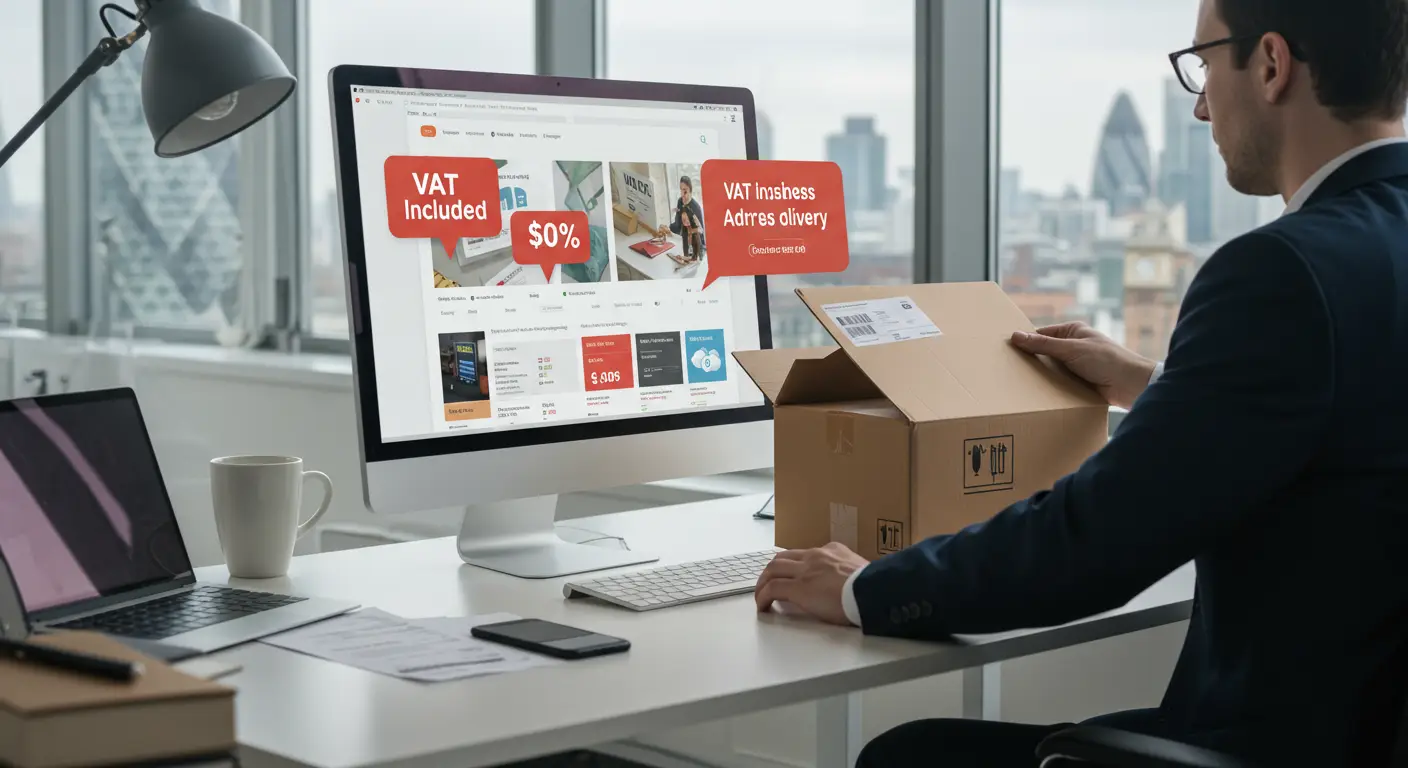
VAT on International Purchases and Sales
Do I Have to Charge VAT to Overseas Customers for Services in UK?
Do I have to charge VAT to overseas customers for services in the UK? This depends on the place of supply rules. For B2B services, the place of supply is usually where the customer is located. For overseas business customers, you generally do not charge UK VAT, but you must include a note on the invoice stating that the service is subject to the reverse charge.- For B2C services, UK VAT is usually charged if the customer is in the UK.
- For B2B services to overseas customers, no UK VAT is charged, but you must obtain and verify the customer’s VAT number if they are in the EU.
Do I Charge VAT to EU Customers from UK?
Do I charge VAT to EU customers from UK? Since Brexit, the rules have changed:- For B2B sales of goods to EU businesses, you do not charge UK VAT if the customer provides a valid EU VAT number and the goods are exported from the UK.
- For B2C sales to EU consumers, UK VAT may be charged depending on the value and delivery terms.
- For services, apply the hmrc vat place of supply (goods) and services rules to determine if VAT should be applied.
VAT on Services to Overseas Customers
VAT on services to overseas customers follows the place of supply rules. For B2B services, the supply is usually considered to take place where the customer belongs, meaning no UK VAT is charged. For B2C, UK VAT is generally applied unless specific exemptions exist.Do I Charge VAT to EU Customers from UK on Services?
If you are supplying services to EU business customers, you do not usually charge UK VAT. Instead, the customer accounts for VAT under the reverse charge mechanism. For EU consumers, UK VAT may be applicable.B2B VAT Rules UK: What Businesses Need to Know
B2B VAT rules in the UK are essential for businesses trading domestically and internationally. Here are the key points: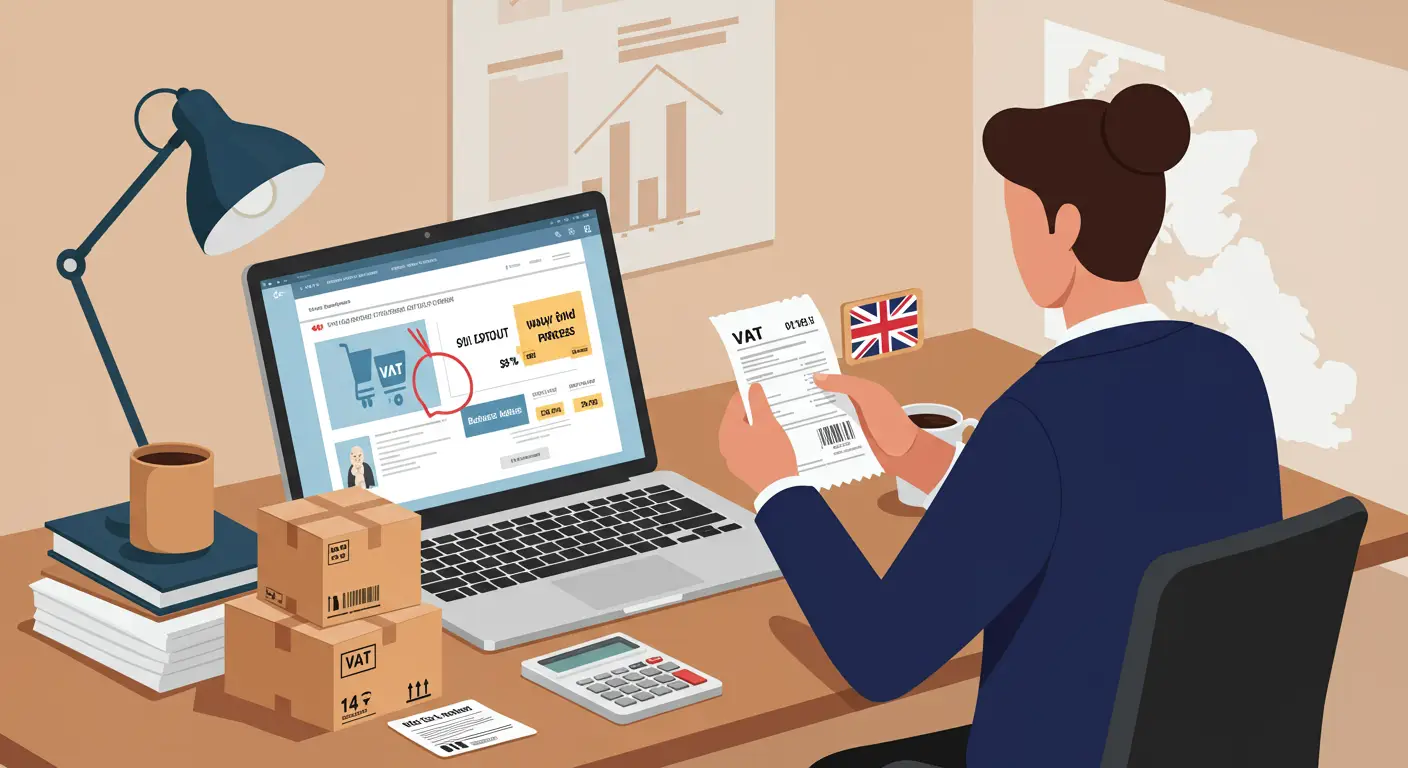
- When selling to another UK VAT-registered business, always include VAT on your invoice, and provide your VAT number.
- For cross-border B2B supplies within the EU, do not charge UK VAT if the customer provides a valid VAT number; instead, report the sale on your VAT return and submit an EC Sales List.
- For B2B supplies outside the EU, no UK VAT is charged, but you must retain proof of export.
HMRC VAT Place of Supply (Goods) and Its Impact on VAT Charges
HMRC VAT place of supply (goods) rules determine whether VAT is charged on a transaction. For goods supplied within the UK, VAT is charged as normal. For goods exported outside the UK, VAT is zero-rated, provided you keep proof of export.- For goods sent to the EU, post-Brexit, exports are zero-rated for UK VAT purposes, but the customer may be liable for import VAT in their country.
- For goods imported into the UK, import VAT and potentially customs duties may apply, regardless of whether the delivery address is a business or residential property.
Do Businesses Pay VAT on Purchases?
Do businesses pay VAT on purchases? Yes, VAT-registered businesses pay VAT on most goods and services they buy in the UK. However, they can usually reclaim this VAT as input tax, provided the purchase is for business use and a valid VAT invoice is obtained.- Non-VAT registered businesses and individuals cannot reclaim VAT.
- VAT cannot be reclaimed on purchases for personal use or for exempt business activities.
Do You Pay VAT When Ordering to a Business Address from Overseas?
When ordering goods from overseas to a UK business address, import VAT and possibly customs duties may apply. The rules are as follows:- For goods valued at over £135, import VAT is charged at the point of importation into the UK.
- For goods valued at £135 or less, VAT is usually collected at the point of sale by the overseas seller, who must register for UK VAT if selling directly to UK customers.
- VAT-registered businesses can reclaim import VAT on their VAT returns, provided they have the correct documentation (such as a C79 certificate).
Special VAT Considerations for Online Marketplaces
When purchasing from platforms like AliExpress, Amazon, or Temu, the VAT treatment depends on the seller’s location and the value of the goods:- If the seller is based in the UK, VAT is included in the purchase price.
- If the seller is based outside the UK, the marketplace may collect UK VAT at the point of sale for goods under £135.
- For goods over £135, import VAT is payable when the goods arrive in the UK, regardless of whether the delivery address is a business or residential address.
Practical Tips for UK Businesses Ordering Goods and Services
- Always request a VAT invoice for business purchases to ensure you can reclaim input VAT.
- Check the VAT status of overseas suppliers and understand whether you should account for VAT under the reverse charge mechanism.
- For imports, keep all customs and VAT documentation to support your VAT reclaim.
- Review the hmrc vat place of supply (goods) guidance to determine whether a transaction is subject to UK VAT.
- If you’re not VAT-registered, you cannot reclaim VAT, so factor this into your purchasing decisions.
Key Points to Remember About VAT and Business Addresses in the UK
- VAT is generally charged on goods and services supplied to UK businesses, but VAT-registered businesses can reclaim input VAT.
- Delivery charges are subject to the same VAT rate as the goods or services supplied.
- Special rules apply for international sales and purchases, especially since Brexit.
- Always check the VAT status of your suppliers and ensure your business is compliant with the latest HMRC guidance.

